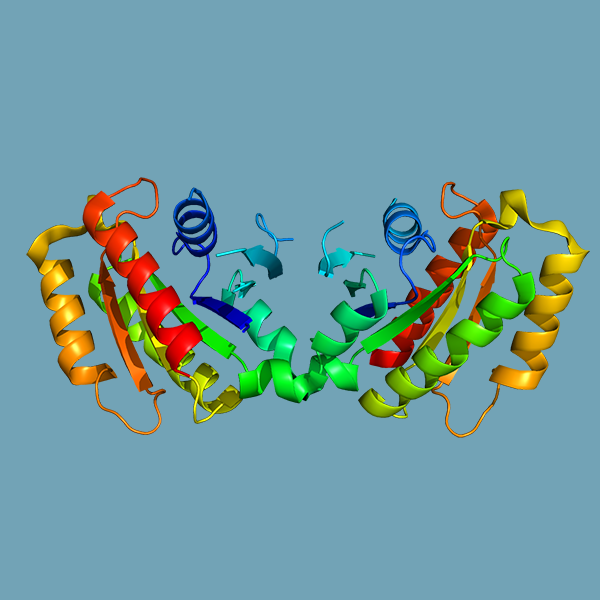
The most frequent missense mutations in familial Parkinson’s disease (PD) occur in the highly conserved LRRK2/PARK8 gene with G2019S mutation. We previously established a fly model of PD carrying the LRRK2-G2019S mutation that exhibited the parkinsonism-like phenotypes. An herbal medicine, Gastrodia elata Blume (GE), has been reported to have neuroprotective effects in toxin-induced PD models. However, the underpinning molecular mechanisms of GE beneficiary to G2019S-induced PD remain unclear. Here, we show that these G2019S flies treated with water extracts of GE (WGE) and its bioactive compounds, gastrodin and 4-HBA, displayed locomotion improvement and dopaminergic neuron protection. WGE suppressed the accumulation and hyperactivation of G2019S proteins in dopaminergic neurons and activated the antioxidation and detoxification factor Nrf2 mostly in the astrocyte-like and ensheathing glia. Glial activation of Nrf2 antagonizes G2019S-induced Mad/Smad signaling. Moreover, we treated LRRK2-G2019S transgenic mice with WGE and found that the locomotion declines, the loss of dopaminergic neurons, and the number of hyperactive microglia were restored. WGE also suppressed the hyperactivation of G2019S proteins and regulated the Smad2/3 pathways in the mice brains. We conclude that WGE prevents locomotion defects and the neuronal loss induced by G2019S mutation via glial Nrf2/Mads
Registration link: https://stanford.zoom.us/meeting/register/tJMsf-6tqj8jHNZ2L-V6sOCciWE1KzsPPhjs


